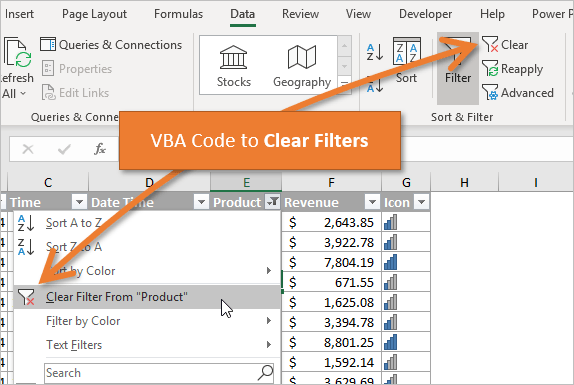5 Essential Documents for Shipping to China
Embarking on the journey of exporting goods to China requires a meticulous approach to documentation. The complex tapestry of international trade demands that exporters understand and adhere to various shipping and customs requirements to ensure smooth and legally compliant transactions. In this comprehensive guide, we'll explore the five essential documents every exporter needs when shipping to China, alongside tips for preparing these documents effectively.
1. Commercial Invoice
The cornerstone of all international trade documentation, the Commercial Invoice, outlines the sale’s specifics. Here’s what to include:
- Seller and buyer details (names, addresses, contact information)
- Date of invoice issuance
- Description of goods, including HS code, quantity, value, and any other relevant information
- Incoterms (International Commercial Terms) under which the goods are shipped
- Total invoice value, including currency and unit price
- Shipping and payment terms
Accuracy in the commercial invoice is not just about compliance; it's also crucial for customs valuation, which determines duties and taxes. Ensure all values are correct and consistent with the goods being shipped.
2. Packing List
While it might seem redundant alongside the commercial invoice, a detailed Packing List provides specifics on how the goods are packed, which is invaluable for logistics:
- Number of cartons/packages/boxes
- Detailed contents of each package
- Dimensions and gross weight
- Any marks or numbers on the packages
- Shipping marks
📦 Note: A packing list should match the commercial invoice to avoid delays or additional inspections at customs.
3. Certificate of Origin
The Certificate of Origin (COO) attests to where the goods originate, which can affect tariff classifications and eligibility for trade agreements. Here’s what to prepare:
- Description of goods, including HS code
- Country of origin
- Exporter’s declaration
- Authorized signatures or certifications
China's customs authorities might require a COO certified by specific authorities, so ensure you understand the requirements for the goods you're exporting.
4. Bill of Lading/Air Waybill
The Bill of Lading (B/L) for sea freight or Air Waybill (AWB) for air shipments serves as a contract of carriage and a receipt for goods:
- Carrier and shipper information
- Consignee and notify party details
- Description of goods, including weight, dimensions, and value
- Incoterms and transportation mode
- Vessel/flight details, port of loading and discharge
💡 Note: For ocean shipments, carriers might offer an electronic bill of lading, which is becoming increasingly common. Ensure you know the carrier's policy.
5. Customs Declaration
The Customs Declaration form or Single Administrative Document (SAD) in some jurisdictions must detail the following:
- Exporter and importer information
- Description of goods, including HS code and value
- Customs value (as per commercial invoice)
- Import tariffs, duties, and taxes (if any)
- Any special conditions or import licenses
Accurate declaration ensures compliance with customs regulations, preventing costly delays or fines.
Additional Tips for Documentation
- Be Accurate: Double-check all figures, descriptions, and HS codes.
- Use Clear Language: Ensure all terms used are internationally understood.
- Consistent Information: All documents should tell the same story regarding quantities, values, and descriptions.
- Compliance: Follow the documentation requirements specific to the goods being exported and the import regulations of China.
In summation, exporting to China demands meticulous attention to documentation. Each document plays a pivotal role in ensuring that your goods arrive at their destination on time and without complications. Remember, beyond these five essentials, additional certificates or licenses might be required depending on the nature of the goods, the trade agreements in place, and specific import regulations.
What happens if I miss or provide incorrect documentation?
+
Missing or incorrect documentation can lead to customs delays, fines, or the shipment being detained or returned to the sender. Ensure all documents are prepared with accuracy and in compliance with the regulations.
Can I use a generic HS code for my goods?
+
While you might be tempted to use a generic HS code for convenience, doing so can result in misclassification of your goods. This could lead to incorrect duty assessments or customs scrutiny. Use the most specific HS code available.
What are Incoterms, and why are they important?
+
Incoterms (International Commercial Terms) define the responsibilities and risks between the buyer and seller in international trade. They clarify who is responsible for costs and logistics at different points of the shipping process, ensuring that both parties understand their obligations.



